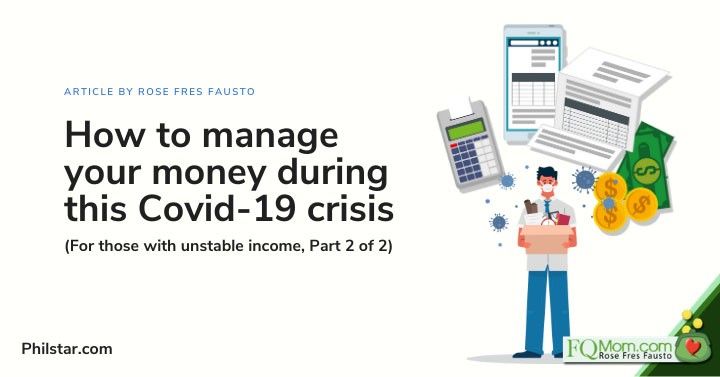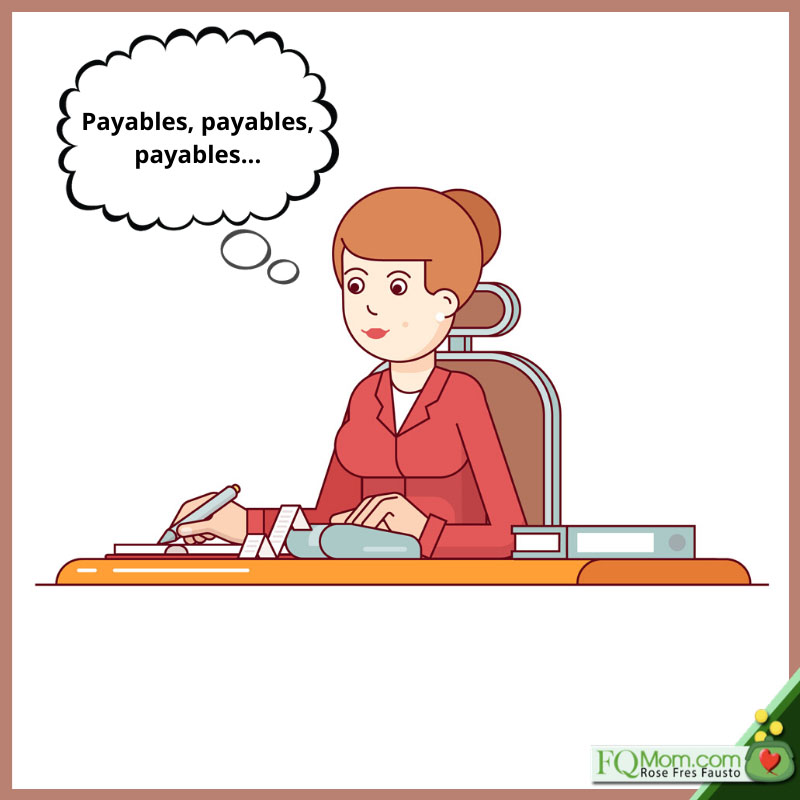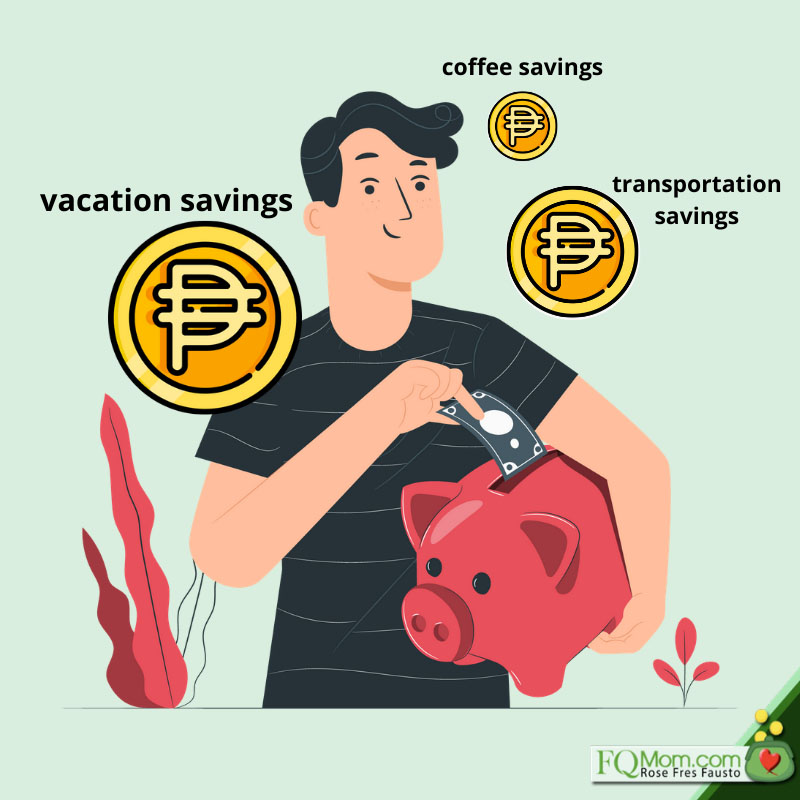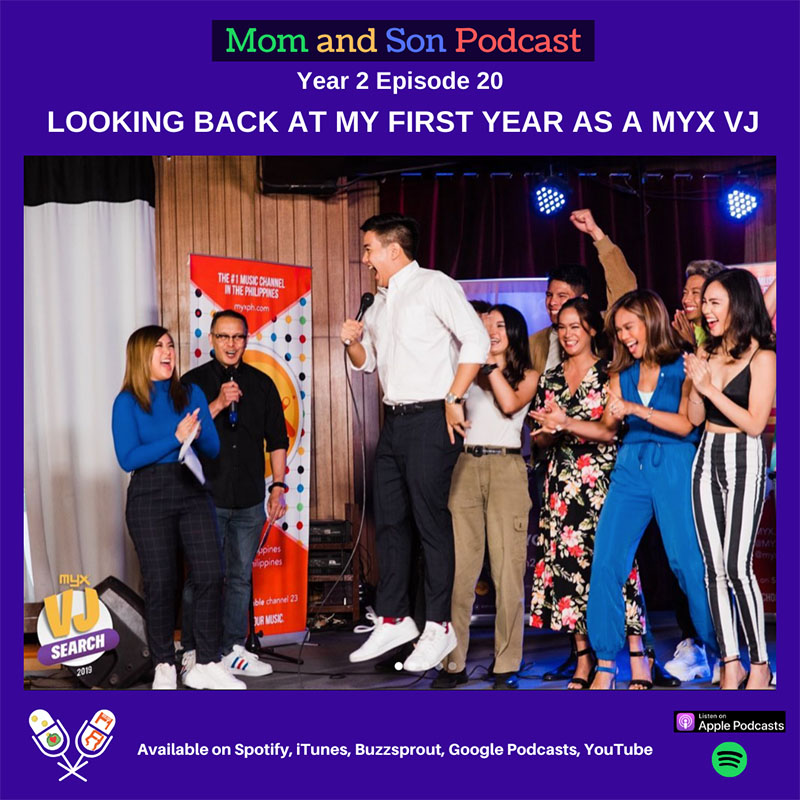How to manage your money during this COVID-19 crisis (For those with unstable income, part 2 of 2)


Last week, we discussed how to manage money for employees who receive stable income. If you haven’t read that, click part 1. As promised, we are now going to discuss how to manage money for those with unstable income.
If you belong to this group, you are either employed on a daily basis (in which case no work no pay), a freelancer, a business owner, or someone who just lost his job due to the crisis. Times are really challenging that it is difficult to know where to start, but let’s try to tackle this.
1. Bring down the fight or flight initial reaction now. It’s been a few months and it’s important to put an end to this human default reaction to crisis. Hopefully, by now you have absorbed the shock. Get into a calmer disposition in order to think rationally on your next steps. If you continue to put a huge amount of cold cash under your mattress because you’re afraid that you won’t be able to withdraw money when you need it, think again. If you continue to hoard food, alcohol, tissue paper, face masks, etc., it’s time to stop that now.
2. Revisit your needs and wants expenses, and be brutal in paring down your needs list to the bare essentials. Yes, your needs are defined differently during normal times and during crisis situations. Gather your family members in coming up with the list. Even if you think you can still afford to spend for most of the items in your normal times needs list, it is better to be aware of their real category so that in the event of a prolonged crisis, you know which ones should go first.

3. Use your emergency fund. If you heeded the first basic law of money, “Pay yourself first,” then you should already have this essential fund – equivalent to six months up to one year of your expenses. Use it now and congratulate yourself for the foresight and discipline of preparing for times like this. Share this on Twitter.
4. To those without (or insufficient) emergency fund, check what you can liquidate. Prepare your balance sheet, if you haven’t. This will help you make a systematic inventory of what you have, and properly evaluate what you can sell right now that can help you tide this crisis out.
5. Do not withdraw your long-term investment. This crisis may tempt you to sell your long-term investments in the stock market just because you see the price levels going down. Please go back to the purpose of your stock investment. This is the bucket that you set up to build your retirement fund for your old age. Are you there already? If not, you don’t have any business liquidating this fund of yours at this time. In fact, if you can still afford it, try to continue setting aside for this fund because times like this provide the best returns for our long-term investment. (Note that this assumes you still have cash to fend for your more basic needs.)

5. Manage your payables well. There are some payables that you may postpone and there are some that you have to continue paying. Try to categorize them accordingly and know the consequences of not paying each of them on time. You do not want to add any unnecessary interest and penalty fees, or disconnection or eviction problems to your existing challenges now. If you were in the process of paying off your debt prior to the pandemic and you cannot afford to do so now, talk to your lenders instead of avoiding them like the plague. Also check with your utilities, landlord, credit card companies, etc. to avoid confusion with the automatic postponement of due dates implemented at the start of the ECQ. It is better to know the consequences of unpaid mortgages, rent, utilities, and other payables now than to be surprised once all your payables become due and demandable.

6. Be prudent in acquiring new loans. Times like this is usually coupled by the proliferation of easy-to-avail loans. Please think twice or ten times before you acquire any, especially those that do not even have credit checking to determine the capability of the borrower to repay loans. We have seen so many sad stories about borrowers buried in high cost loans that makes it impossible to get out of. For business owners, check what your existing banks can do for you right now, instead of carelessly adding more lenders to your list just because their loans are easy to acquire.

7. Use all free government aids to keep yourself afloat. Hopefully, you were able to avail of the wage subsidy of P5,000 to P8,000 per month given by the government, the application for which ended on May 8, 2020. Check what tax exemptions during extraordinary times you can avail of in order to save on cash.
8. Look for a job or other source of income. If you lost your job, do not assume that there are no more jobs available out there. (In fact, we are hiring right now! ![]() ) Now is also the time to really determine what I call your point of intersection or what the Japanese call Ikigai. Sometimes we need the shock of unfortunate events like this to jolt us into finding our true calling. This is also the time to hone your skills and be a better worker. (To read more on point of intersection or ikigai click links 1, 2, and 3.)
) Now is also the time to really determine what I call your point of intersection or what the Japanese call Ikigai. Sometimes we need the shock of unfortunate events like this to jolt us into finding our true calling. This is also the time to hone your skills and be a better worker. (To read more on point of intersection or ikigai click links 1, 2, and 3.)
9. Say no to luxury at this time. You do not know how long this crisis will last so resist the temptation to buy luxury, no matter how much cheaper it is being offered for. Share this on Twitter.
10. Celebrate your savings, whether intended or unintended. For sure, you may have avoided some expenses that you would have incurred had the ECQ not been implemented. Just so you get a bit of positive vibe here, articulate those savings in transportation, shopping, coffee, lunch out, vacation, etc. See how much they add up to in order to elicit positive money emotions. Remember money is a very emotional subject.

11. Determine if it’s your time to pivot or double down. The pandemic has forced us to check our work, our business and our life in general. A lot of people say, “It’s time to pivot!” Yet, others say, “No, it’s time to double down!” This is a very interesting topic but requires an entire article, so let this be our topic in our next article. Share this on Twitter.
I hope the above have opened up thinking points and action items to help you handle your money well during this crisis. I always remind everyone that a high FQ is your Economic Self-Defense. Do you have a high FQ? Are you well-equipped with the right money knowledge and behavior to handle the situation now? If you are curious to know your own FQ score, take the test now by clicking this link. Share this on Twitter.
Cheers to high FQ!
********************************
ANNOUNCEMENTS
1. Listen to our Mom and Son Podcast episode this week! Click here.

2. Reading is another coping mechanism for the lockdown. If you haven’t yet, may I invite you to read any of the FQ Mom books?

3. If you haven’t yet, now is the time to start your FQ journey. If you’ve taken this six or so months ago and you want to check how you have improved, you may take it again by clicking the link: https://forms.gle/tSHBiGtwpWHaKVzU9




















